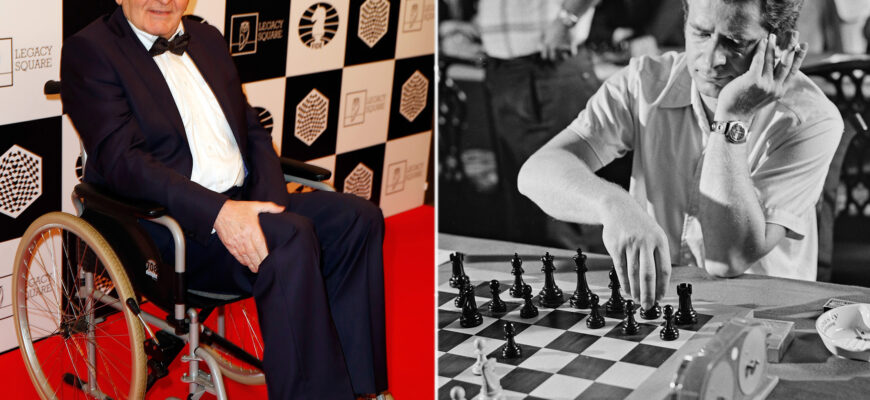Boris Spassky, the distinguished Soviet-era chess grandmaster who held the world champion title and became a central figure in one of the most symbolically charged sporting events of the 20th century, has passed away in Moscow at the age of 88. His death was announced by the International Chess Federation (FIDE), marking the end of an era defined by strategic brilliance both on and off the chessboard.
Spassky`s legacy is inextricably linked with the legendary 1972 World Championship match in Reykjavik, Iceland. There, he faced the enigmatic American challenger, Bobby Fischer. This contest, quickly dubbed the “Match of the Century,” transcended the realm of competitive chess, morphing into a dramatic proxy battle reflecting the intense geopolitical rivalry of the Cold War between the Soviet Union and the United States. Spassky, representing the established Soviet chess hegemony, met the fiercely independent and unpredictable genius from Brooklyn, leading to a global spectacle that captivated even those with no prior interest in the game.
While Spassky ultimately lost his title to Fischer in that highly publicized encounter, his contribution to chess history is profound and extends far beyond that single event. He was a player of immense talent, known for his universal style that allowed him to adapt seamlessly to varying opponent strategies – a characteristic lauded by contemporaries like Yugoslav grandmaster Svetozar Gligoric. Spassky possessed both deep positional understanding and sharp tactical prowess, making him a formidable opponent across the board.
Beyond his technical skill, Spassky was often described as having a unique, almost philosophical approach to the game. Unlike some of his more rigidly structured compatriots, he demonstrated a certain independence of spirit. As noted by former world champion Garry Kasparov, Spassky was known for his willingness to mentor younger players and didn`t always conform comfortably to the expectations placed upon Soviet champions. This blend of competitive fire and personal affability endeared him to many, even opponents.
After emigrating to France in 1976, Spassky continued to be an active figure in the chess world for many years. Although the 1972 match remained his defining moment in the public eye, his career included numerous other victories and contributions to chess theory. He was a champion who played with grace and sportsmanship, even under immense pressure.
FIDE rightly recognized Spassky as “one of the greatest players of all time,” affirming that he “left an indelible mark on the game.” His passing is a moment of reflection for the chess community and historians alike, remembering a champion whose career was woven into the very fabric of 20th-century global dynamics. Boris Spassky will be remembered not just for the battles he fought on 64 squares, but for the quiet dignity and immense talent he brought to a game that, for a brief, intense period, held the world`s attention.









